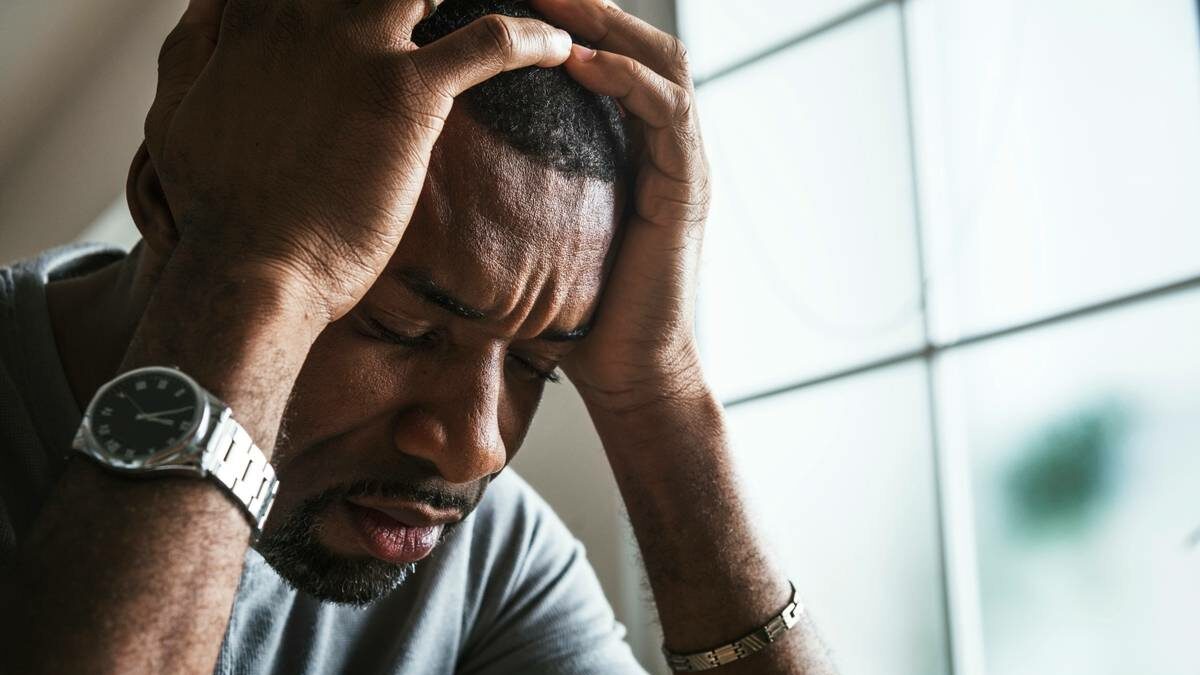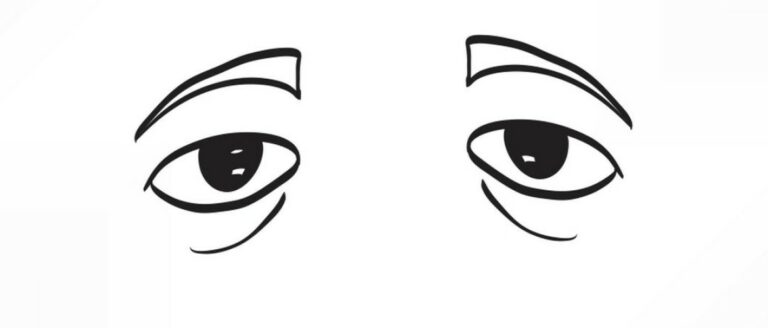Many people picture depression and burnout as different words with the same meaning. However, the truth is that these conditions are separate and may require varying prognoses. It can be challenging to see the difference between burnout and depression. Even though they are distinct conditions, depression and burnout may have similar symptoms.
What does it mean to have a Burnout?
Burnouts are a psychological condition characterized by the feeling of cynicism, reduced personal accomplishment, and emotional exhaustion. It’s a syndrome that develops in connection to chronically adverse conditions. When you have a job or personal circumstances that make you suffer from severe stress, the chances are that you’ll encounter burnout. Burnout comes in extreme exhaustion. It happens when you push or exhaust your mind and body too far.
Which Symptoms Signal a Burnout?
There are different ways that people can experience burnout. While some people suffering from burnout may experience more physical symptoms, others may have mental health-related symptoms. Common signs of burnout include:
- Feeling of hopelessness
- Headaches
- Fatigue
- Problems staying or falling asleep
- Anxiety or worrying most of the time
- Mental, emotional, or physical exhaustion
- Issues with your memory
- Poor job performance
Can we help you?
Leave us your information and one of our coaches will contact you in 24H

Sometimes, when experiencing burnout, you can turn the negativity you feel in yourself and view yourself as a failure. You may feel anger or annoyance and blame yourself for not being that great person you’ve always been. Defeat, hopelessness, and loneliness can overwhelm you.
When Do We Speak of a Depression?
Depression is a serious and common medical condition that negatively impacts how you act, feel, and think. The situation might lead to several physical and emotional issues. It can decrease a person’s capacity to function at home and work.
Depression can lead to a persistent feeling of loss of interest and sadness, affecting the way you do your normal activities. Generally, the condition results from a combination of several factors and events.
How Do I Recognize a Depression?
Although you may experience depression only once, some people suffering from the condition often have multiple episodes. You can use different signs and symptoms to tell if you’re suffering from depression. While some people only experience mild symptoms, others can encounter severe symptoms when suffering from depression. The most common signs you can use to identify if you’re suffering from depression include:
- Loss of interest in some activities once enjoyed
- Feeling sad most of the time
- Increased fatigue or loss of energy
- Sleeping too much or finding trouble sleeping
- Difficulty concentrating, thinking, or making decisions
- Thoughts of suicide or death
- Feeling guilty or worthless
- Changes in appetite –gaining or losing weight
- Being easily frustrated or irritated
- Eating too little or too much
- And more!
It’s essential to note that some people can sometimes experience most of these symptoms, which might not necessarily mean suffering from depression. Equally, not everyone suffering from depression will experience all of these signs.
What is the Biggest Difference between a Burnout and a Depression?
Burnout usually occurs due to too much stress for an extended period. The condition can stem from work-related activities, but you can also experience it because of non-work activities like broader family relationships, parenting, and caring responsibilities.
Burnout is usually a gradual process. The risk factors that can trigger burnout may include going a long period without a break, unmanageable workload, lack of autonomy, lack of choice, lack of control, compassion fatigue, and lack of reward and recognition.

Depression, on the other hand, isn’t often caused by one event or circumstance. Several different things must occur for you to suffer from depression. Some factors contributing to depression include medical conditions, traumatic events, family circumstances, family history, genetics, culture, and having a child.
Several other factors can help you distinguish between burnout and depression conditions, including:
- While depression tends to remain for a prolonged period, burnout can end in a short time period, especially when you start experiencing positive changes in your lifestyle. Unlike burnout, which results from extreme stress, depression is considered a clinical mood condition.
- Burnout is managed mainly by stress reduction activities, while you can best address depression with medications.
- Depression, unlike burnout, is a more severe condition with recurring and longer-lasting symptoms.
What Should I Do If I Struggle With a Burnout?
Burnout recovery is all about trying to rest and recover your energy levels. If you’re struggling with burnout, there are several things you can do to keep the condition under control:
1. Take Breaks
Taking a break from an activity, job, or situation that causes your stress is an excellent way of reducing burnout. Whether it’s a more extended leave, a short break, or a vacation, time away will assist you in regrouping.
2. Practicing Mindfulness
Mindfulness and meditation are mind exercises that can help reduce burnout and related conditions. Try to meditate for at least 40 minutes daily to end your burnout condition.
3. Set Boundaries
Protecting your time as much as possible and giving yourself the space required to relax and recharge is necessary for getting rid of burnout. For instance, in an attempt to safeguard your time, some things you can do include:
- Not responding to phone calls or emails after work or in the evening
- Asking someone like a relative or friend to assist with a few of your tasks
- Avoiding requests that push you to do extra work
4. Social Connection
Spending time with those who bring joy and happiness in your life will help boost your motivation and improve your self-esteem and confidence, and prevent the condition.
Other tips to help you control burnout include:
- Developing a routine sleep pattern. For instance, you can choose to sleep at 10 pm and wake up at 4 am daily.
- Adhering to a balanced diet routine
- Having fun
- Practicing self-soothing
- Keeping your alcohol consumption habit under control
Which Steps Will Help Me Get Out of My Depression?
Many adverse effects can occur in your life if you fail to treat your depression condition. For instance, depression can lead to family and relationship issues, alcohol and drug problems, and difficulty holding down or finding a job. There are several steps you can take to help yourself to recover from the condition and stay well.
1. Self-help
Spending time with friends, getting enough sleep, and regular exercise can help improve your symptoms.
2. Counseling
Psychotherapy or counseling involves seeking advice from a mental health expert. Your counselor will assess your condition and develop coping skills to address your problem.

3. Alternative medicine
If you have ongoing symptoms or mild depression, you can use complementary therapy to improve your well-being. Treatment may include hypnosis, massage, biofeedback, and acupuncture.
4. Medication
Antidepressants are a prescription medicine that can change the brain chemistry responsible for your mental condition. There are different types of antidepressants you can use for your situation. However, consult your doctor before you put any to the test.
5. Brain stimulation therapy
If you have depression with psychosis or severe depression, you may find it necessary to use brain stimulation therapy. There are different types of brain stimulation therapy you can use depending on your condition, including vagus nerve stimulation, electroconvulsive therapy, and transcranial magnetic stimulation.
Extra Tips to Help with Our Mental Well-Being
Preventing burnout, depression, or any other mental condition isn’t just about addressing the specific things that cause your problem. It should also involve taking care of your more expansive life, including lifestyle, health, and well-being. Generally, the healthier and happier you are, the more quickly and likely you can cope with the downsides of your condition.
When dealing with a mental condition, it’s essential to incorporate healthy habits in your daily routine, such as communicating with people around you, connecting with nature, having time off, and anything else that will form part of your general self-care.
It’s also essential to have a physical, written, or mental toolkit of what you can put out, especially when undergoing difficult moments in your life. For instance, if you have a work project approaching the deadline, you need to ensure that you step back from a responsibility elsewhere the three weeks beforehand.
If your mental condition persists for long or is becoming a concern or more severe even with these treatment options, it’s high time you make an appointment with your doctor as soon as possible.
Stress & burnout coaching; for 100% recovery!
Reducing stress and recovering from burnout is simply incredibly difficult. The coaches at Meulenberg Training & Coaching understand exactly what you are going through and know how tough it can be. They have often experienced it themselves! With their years of experience and expertise, they are ready to help you step by step toward a full recovery. The results of our one-on-one coaching and absenteeism training will benefit you for a lifetime!
Frequently asked questions
References
- WHO.int – Depression – found on 12-09-2022
Link to page on who.int - nimh.nih.gov – Depression – found on 12-09-2022
Link to page on nimh.nih.gov - Wikipedia.org – Depression – found on 12-09-2022
Link to page on wikipedia.org - Wikipedia.org – Occupational burnout – found on 12-09-2022
Link to page on wikiepedia.org






